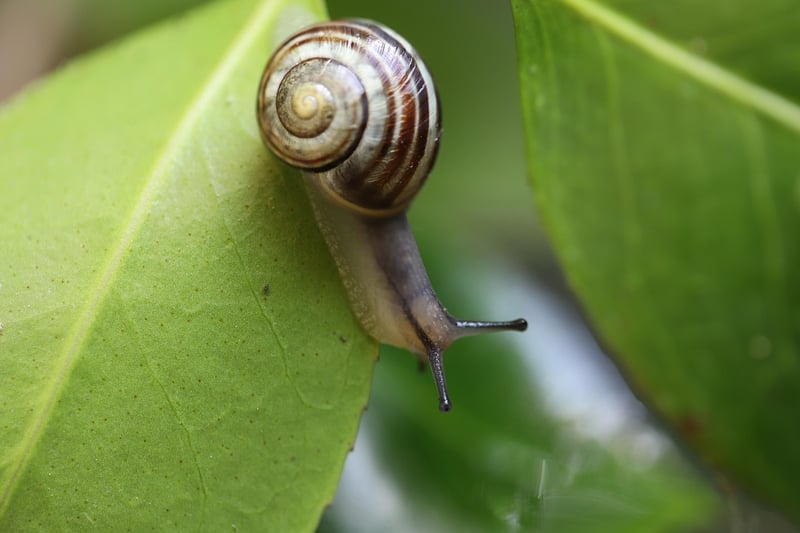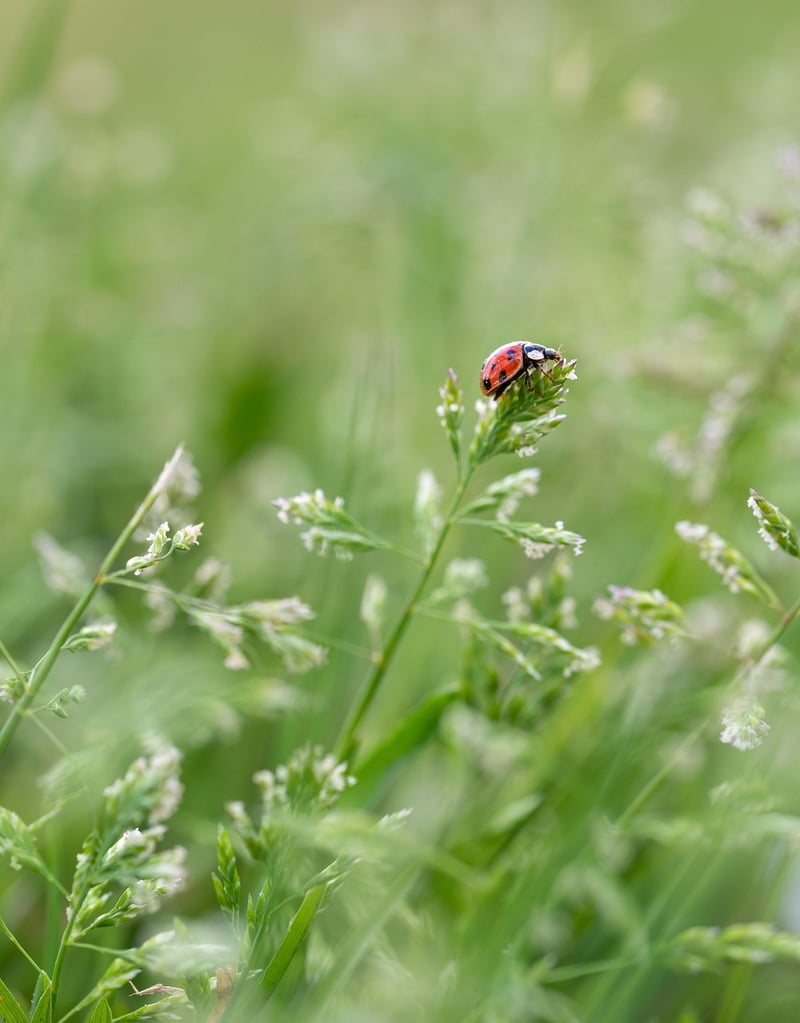Preventive Measures
Dealing with Garden Pests: Effective Strategies and Preventive Measures
Introduction
Gardening is a rewarding and relaxing hobby, but dealing with garden pests can be a frustrating challenge for any gardener. Pests can wreak havoc on your plants, causing damage and potentially ruining your hard work. However, with the right strategies and preventive measures, you can effectively manage and control garden pests without resorting to harmful chemicals.
Identifying Common Garden Pests
Before you can effectively deal with garden pests, it's important to identify the culprits. Common garden pests include aphids, caterpillars, snails, slugs, and beetles. Each pest has its own unique characteristics and habits, making identification crucial for implementing targeted control methods.
Effective Strategies for Pest Control
- Handpicking: For larger pests like caterpillars and beetles, handpicking them off your plants can be an effective control method.
- Biological Controls: Introducing natural predators like ladybugs or praying mantises can help keep pest populations in check.
- Neem Oil: Neem oil is a natural insecticide that can be used to control a variety of garden pests without harming beneficial insects.
- Organic Sprays: Homemade sprays using ingredients like garlic, pepper, or soap can deter pests from your plants.
Preventive Measures
Preventing pest infestations in the first place is key to maintaining a healthy garden. Here are some preventive measures you can take:
- Companion Planting: Planting certain species together can help repel pests and attract beneficial insects.
- Mulching: Mulch can help deter pests and retain moisture in the soil, promoting plant health.
- Regular Inspection: Regularly inspecting your plants for signs of pest damage can help you catch infestations early.
- Crop Rotation: Rotating your crops each season can help prevent the buildup of pest populations in the soil.
Conclusion
Dealing with garden pests is a common challenge for gardeners, but with the right strategies and preventive measures, you can protect your plants and enjoy a thriving garden. By identifying common pests, implementing effective control methods, and taking preventive actions, you can minimize the impact of pests on your garden and promote a healthy growing environment for your plants.
Remember, a little vigilance and proactive planning can go a long way in keeping your garden pest-free and flourishing.


